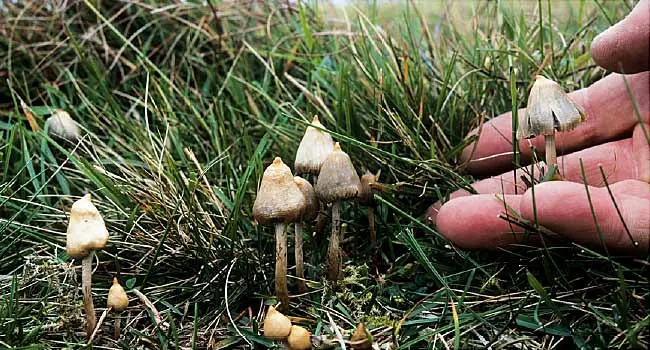April 13, 2022 – Treatment with the psychedelic psilocybin – otherwise known as magic mushrooms – could lead to improvements in depression symptoms, according to a small study published in Nature Medicine.
Those who have depression shouldn’t give themselves the drug, the researchers wrote, noting that brain scans and mental health professionals were involved. But the treatment could show promise for the future, they said.
“Depression is a highly prevalent mental health condition, the incidence of which has increased during the COVID-19 pandemic,” they wrote. “However, even the best-performing antidepressant drugs show modest efficacy, non-negligible side effects, discontinuation problems and high relapse rates, highlighting the need for new, improved treatments.”
Researchers at Imperial College London analyzed the brain scans of 60 people in two trials where they were given psilocybin. In the first trial, everyone received two doses of oral psilocybin – 10 milligrams and 25 milligrams, given 7 days apart. Functional magnetic resonance imaging, or fMRI – testing that measures brain activity – was done before the treatment and a day after the 25-miligram dose. Doctors measured depression symptoms after the treatment.
In the second trial, some people received psilocybin therapy while others took escitalopram, a common antidepressant. Patients with major depressive disorder received either two 25-milligram doses of psilocybin 3 weeks apart plus 6 weeks of a daily placebo, or two 1-milligram doses of psilocybin 3 weeks apart plus 6 weeks of daily escitalopram. The fMRI was done before the treatment and 3 weeks after the second psilocybin dose.
Psilocybin treatment showed an improvement, with brain networks becoming more connected and flexible.
“In both trials, the antidepressant response to psilocybin was rapid, sustained and correlated with decreases in fMRI brain network modularity, implying that psilocybin’s antidepressant action may depend on a global increase in brain network integration,” they wrote.
What’s more, the antidepressant response to escitalopram was milder, they noted, and no changes in brain network organization were seen.
During the last 15 years, at least six clinical trials have reported improvements in depressive symptoms with psilocybin therapy, the researchers wrote. Two of the trials – done in 2015 and 2019 – were the ones included in this analysis.
“Depression is a major public health problem associated with huge burden and cost,” they wrote. “Here, we identify a robust, reliable and potentially specific biomarker of response to psilocybin therapy for depression.”
The findings show promise, the authors wrote, though successful phase III clinical trials will be needed to move forward with licensing psilocybin treatment as a usable option.
